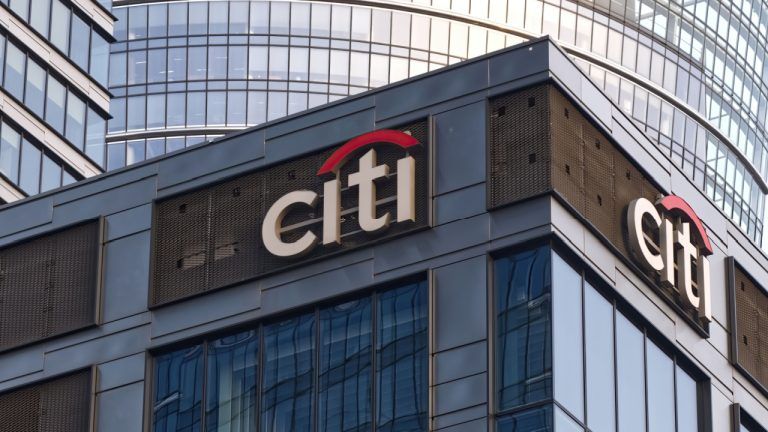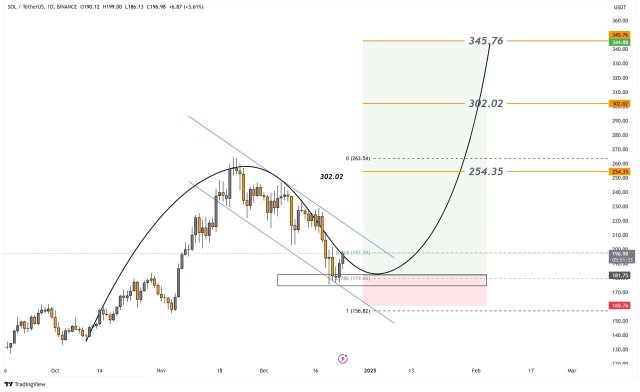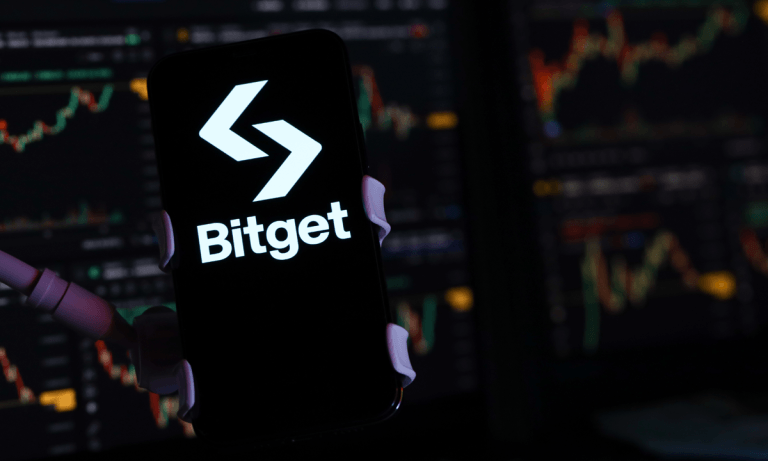 | When the economy starts to look shakey, the fund managers pull their money back starting from the top of their risk rating and work their way to the bottom, normally with crypro assets at the top. Thus in times like these we should have look at the current state of the market to understand when this dip will "really" bottom out. No financial advice in this post. On Friday, the S&P500 index fell about 1,9% - and that was the fourth consecutive day’s fall – which took this correction to 8,3% from the record high of 4796,56 made on 3rd January 2022. That makes it by far the largest correction in the 20 months since the COVID-19 V-Bottom in March 2020. Consider the chart: S&P 500 - Chart Generate by Share Friend Pro You can see here that the S&P had been moving up very steadily with only small mini-corrections. A well-supported trendline connected at least 5 cycle bottoms. Those mini-corrections were increasingly seen as buying opportunities with many investors just “buying the dips” in order to profit from the inevitable subsequent rise to a new record high. The current correction is qualitatively different. Not only has the market fallen further, but it has also fallen far more sharply, with a noticeable absence of buyers looking to pick up bargains at the bottom. So now it is necessary to ask whether this is a long-overdue major correction of between 10% and 20% - or possibly even the start of a bear trend. The economy is long overdue a correction of between 10% and 20% – and to me this looks like it may well be it. If I am right, you can expect the S&P to fall to somewhere between 4300 and 3800 – with a similar impact on the cryptocurrency. But I definitely see this as a correction - and not the start of a new bear trend. The fundamentals of the US economy still appear to us to be too strong for a bear trend. I believe that interest rates in the US will have to rise to somewhere between 3% and 4% at least before the profits of S&P500 companies are significantly affected. In my experience, private / retail crypto investors usually spend most of their time on unsystematic rather than systematic factors. In other words, they are preoccupied with the detail of what they are going to buy and when, and spend little or no time considering the direction of the economy as a whole. This is particularly true when the market has been in a long bull trend - as it has now - for almost the past 13 years. There is a tendency to become blasé about corrections. Developing a strategy to identify and deal with the bear trend when it comes can be beneficial. There are many FUD posts flying around, but the definition is your own - Benjamin Cowen says the same thing, identifying the bear trend for himself and generally pissing off his viewers, but we know Ben really doesn't care. Choose a mechanism for determining when the market has switched from bull to bear - like the slope of a long-dated (say 300-day) moving average of the S&P500 index. Obviously, if you have a strict stop-loss strategy you will get out of assets as the market starts to fall, but sometimes at the start of a great bear trend the market can fall very abruptly. It fell 11% on a single day at the start of the 1929 crash and 23% on a single day at the start of the 1987 crash. [link] [comments] |

You can get bonuses upto $100 FREE BONUS when you:
💰 Install these recommended apps:
💲 SocialGood - 100% Crypto Back on Everyday Shopping
💲 xPortal - The DeFi For The Next Billion
💲 CryptoTab Browser - Lightweight, fast, and ready to mine!
💰 Register on these recommended exchanges:
🟡 Binance🟡 Bitfinex🟡 Bitmart🟡 Bittrex🟡 Bitget
🟡 CoinEx🟡 Crypto.com🟡 Gate.io🟡 Huobi🟡 Kucoin.




















Comments